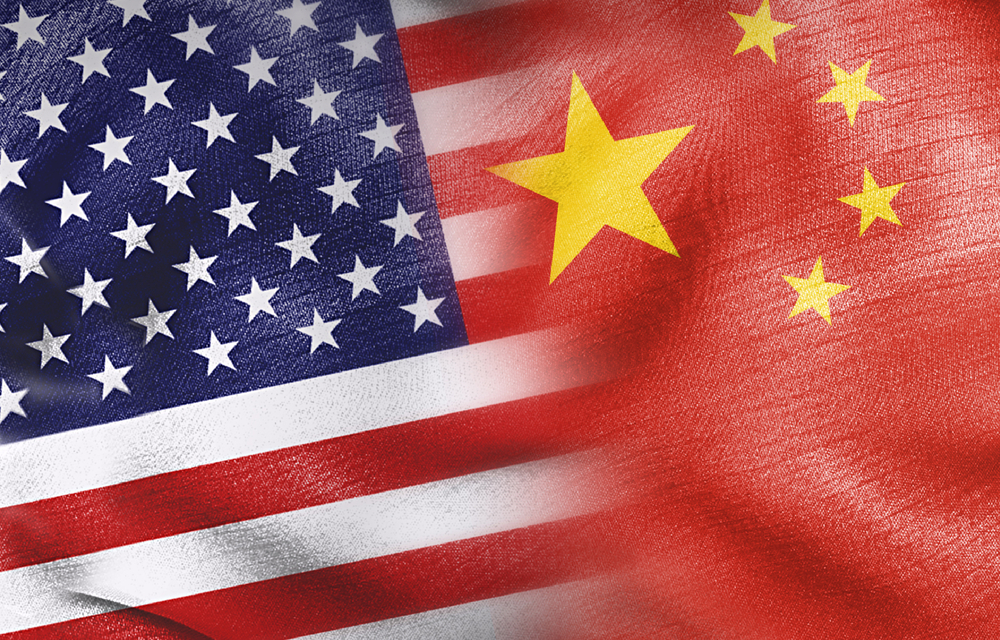
In recent weeks, China has made moves including major trade restrictions and diplomatic overtures to retaliate against increasing U.S. measures taken amid rising U.S.-China tensions. The country has placed bans on its exports of critical minerals. Further, it has blacklisted a number of U.S. companies, cutting them off from conducting any business with Chinese companies. These measures are all executed as part of an equally aggressive offensive strategy to retaliate against U.S. tariffs. They want to cement trade relations with the Southeast Asian country.
In the last few years, China’s efforts have been directed toward Southeast Asia. Southeast Asia has therefore become China’s largest trading partner within the region. When the Trump administration strongly increased tariffs, it made the situation worse. In 2008, in response to the international crisis, Beijing attempted to tighten their economic relations with surrounding countries. This change in a regional direction notwithstanding, the United States on a single-country basis is still China’s largest trading partner.
The Escalating Trade War
The trade war is getting worse. The U.S. approach to leverage tariff negotiations to coerce American partners into scaling back their engagements with China is similarly unlikely to succeed. China is already trying to clarify its new position. Second, it will proceed to punish any other country that works with the U.S. to harm or intimidate China.
Chinese President Xi Jinping’s recent overseas trip to Vietnam, Malaysia and Cambodia underscore this new strategy. In each of these meetings, he pressed these countries to pool their resources and work together. He wanted to resist trade tariffs and what he called “unilateral bullying” from the U.S.
China has indeed lodged a case against the US at the World Trade Organization (WTO). This move comes as a reaction to numerous tariff hikes recently adopted by the Trump administration. As the Chinese Ministry of Commerce put it most succinctly,
“China firmly opposes any party reaching a deal at the expense of China’s interests. If this happens, China will not accept it and will resolutely take reciprocal countermeasures.” – Chinese Ministry of Commerce
This has been evidenced by China’s recent change in leadership. Li Chenggang, who was serving as the country’s ambassador to the WTO, has succeeded as the new vice minister as the country’s top international trade negotiator. This amendment represents an important step towards China’s goal of managing the thorny and delicate web of international trade relations with greater finesse.
What The Author Thinks
China’s retaliatory actions highlight the intensifying trade war with the U.S. and its growing focus on strengthening economic ties within Southeast Asia. As China pushes back against U.S. tariffs, it demonstrates a strategic shift toward regional cooperation, leveraging its economic influence. The continued escalation underscores the complexity of global trade relations and the challenges that both countries face in negotiating a fair and balanced trade framework. The unfolding diplomatic efforts and economic measures will likely define the future of U.S.-China relations and global trade dynamics.
Featured image credit: Wikimedia Commons
Follow us for more breaking news on DMR
